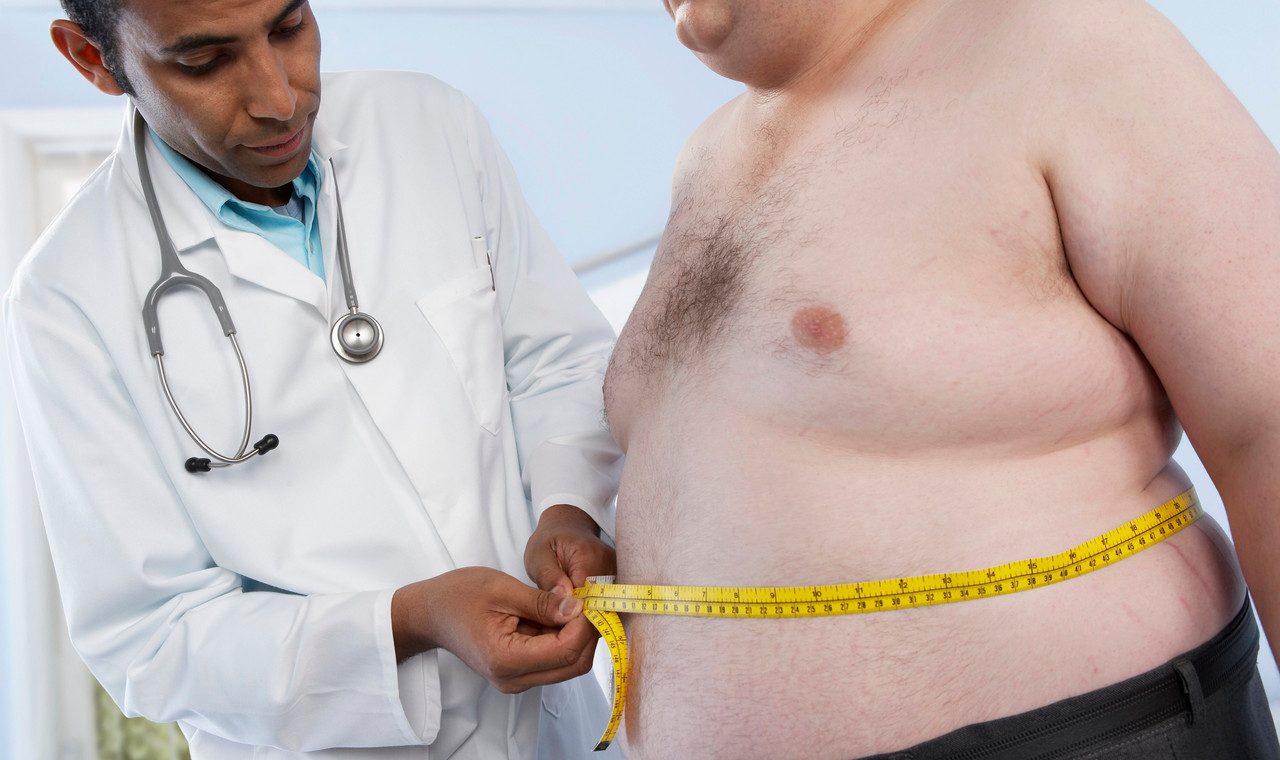WEIGHT LOSS
7 Reasons You May Weigh Too Much

Our compendium of the latest diet science
Diet research keeps changing, but our job is to help you keep track and sort out the ideas with the most evidence.
The old rule “eat less, exercise more” is a bit too simple. A host of other factors count too, and we each need to figure out our own strategy to achieve and maintain a healthy diet and weight.
You may be heavier than you like because:
- You eat like your husband. Plenty of science shows that we adopt the habits of our spouses. If you’re a 5-foot, 1-inch woman try not to match the consumption of your 6-foot-2 hubby. We also eat more with other people than alone, and big family holiday meals are, famously, the times we eat the most. On the other hand, regular family dinners are associated with better diets for parents and children. Just watch the portions.
- You eat too much yogurt. Despite its rep as a diet food, yogurt contains a substance that has been fed for years to farm animals to fatten them up: acidophilus. A review of 17 randomized control trials in humans and 14 experimental models concluded that acidophilus caused significant weight gain in humans. Acidophilus isn't necessary to yogurt, but you'll see it in yogurts deemed probiotic, and Greek yogurt, non-dairy yogurt, and kefir, fermented milk drink. Most popular yogurt brands also contain high amounts of sugar. The real lesson here is not to eat too much of any one food; aim for variety.
- You don't sleep enough. All over the world, obesity is associated with sleeping less than seven hours a night. Angelo Tremblay, an obesity researcher in Quebec, looked at the effect of sleep on the dieting strategies of healthy men and women between the ages of 20 and 50 who were enrolled in weight-loss programs. Avoiding episodes of splurge or binge eating was the single most important factor in losing weight. But only people who reported good quality sleep for at least 7 hours a night were able to avoid those big lapses. The quality of your sleep counts too. If you can spend seven hours in bed asleep many nights in a row and still feel tired, you may have sleep apnea.
- You eat for too many hours a day. Studies with mice suggest that eating within a 12-hour window is best. The mice at least could safely go off the routine on weekends, though in general “cheat strategies” backfire in humans, as we explain below. For most days if you ate breakfast at 8 a.m., you wouldn’t eat after 8 p.m.
- You eat at night. The problem isn’t that calories later at night “go right to fat,” as people often say. But we seem to get less of a mental boost from late-night consumption and eat more to compensate. In one study, night eaters ate about 300 more calories each day. Three years later, they had gained 14 pounds, on average, compared to only 4 pounds among people who didn’t eat near bedtime.
- You give yourself "cheat days." In theory, “cheat” days or meals are a break that keep you from derailing completely. Cheat times can save you getting bored with a diet and also boost your metabolism, especially if you do your extra intake after a workout. The problem: believing that you can compensate for indulgence tends to backfire, research suggests. You could easily end up eating more on your non-cheat days while feeling virtuous. We sometimes overeat food we don’t even consider especially tempting.
- You eat foods with sugar substitutes. In mice studies, at least, these seem to prime the body for weight gain. In the latest study, 10-week-old mice ate a daily dose of aspartame, sucralose, or saccharin. Another group of mice drank water laced with either glucose or sucrose, two forms of ordinary sugar. It turned out that after only 11 weeks, the mice on the artificial sweeteners were showing signs of high blood sugar, a precursor to diabetes that is associated with weight gain.
Updated:
April 09, 2020
Reviewed By:
Janet O’Dell, RN